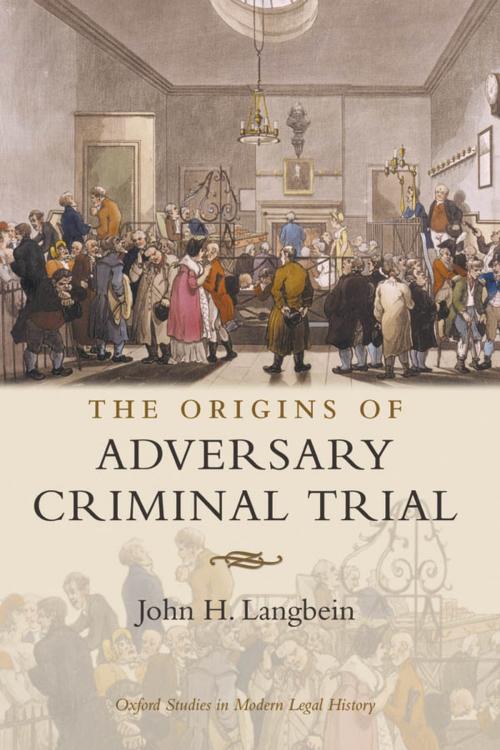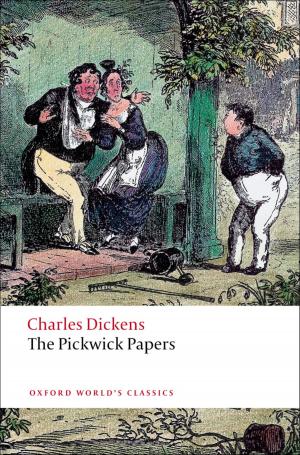The Origins of Adversary Criminal Trial
Nonfiction, Reference & Language, Law, Criminal law, History| Author: | John H. Langbein | ISBN: | 9780191024498 |
| Publisher: | OUP Oxford | Publication: | February 6, 2003 |
| Imprint: | OUP Oxford | Language: | English |
| Author: | John H. Langbein |
| ISBN: | 9780191024498 |
| Publisher: | OUP Oxford |
| Publication: | February 6, 2003 |
| Imprint: | OUP Oxford |
| Language: | English |
The adversary system of trial, the defining feature of the Anglo-American legal procedure, developed late in English legal history. For centuries defendants were forbidden to have legal counsel, and lawyers seldom appeared for the prosecution either. Trial was meant to be an occasion for the defendant to answer the charges in person. The transformation from lawyer-free to lawyer-dominated criminal trial happened within the space of about a century, from the 1690's to the 1780's. This book explains how the lawyers captured the trial. In addition to conventional legal sources, Professor Langbein draws upon a rich vein of contemporary pamphlet accounts about trials in London's Old Bailey. The book also mines these novel sources to provide the first detailed account of the formation of the law of criminal evidence. Responding to menacing prosecutorial initiatives (including reward-seeking thieftakers and crown witnesses induced to testify in order to save their own necks) the judges of the 1730's decided to allow the defendant to have counsel to cross-examine accusing witnesses. By restricting counsel to the work of examining and cross-examining witnesses, the judges intended that the accused would still need to respond in person to the charges against him. Professor Langbein shows how counsel manipulated the dynamics of adversary procedure to defeat the judges design, ultimately silencing the accused and transforming the very purpose of the criminal trial. Trial ceased to be an opportunity for the accused to speak, and instead became an occasion for defense counsel to test the prosecution case.
The adversary system of trial, the defining feature of the Anglo-American legal procedure, developed late in English legal history. For centuries defendants were forbidden to have legal counsel, and lawyers seldom appeared for the prosecution either. Trial was meant to be an occasion for the defendant to answer the charges in person. The transformation from lawyer-free to lawyer-dominated criminal trial happened within the space of about a century, from the 1690's to the 1780's. This book explains how the lawyers captured the trial. In addition to conventional legal sources, Professor Langbein draws upon a rich vein of contemporary pamphlet accounts about trials in London's Old Bailey. The book also mines these novel sources to provide the first detailed account of the formation of the law of criminal evidence. Responding to menacing prosecutorial initiatives (including reward-seeking thieftakers and crown witnesses induced to testify in order to save their own necks) the judges of the 1730's decided to allow the defendant to have counsel to cross-examine accusing witnesses. By restricting counsel to the work of examining and cross-examining witnesses, the judges intended that the accused would still need to respond in person to the charges against him. Professor Langbein shows how counsel manipulated the dynamics of adversary procedure to defeat the judges design, ultimately silencing the accused and transforming the very purpose of the criminal trial. Trial ceased to be an opportunity for the accused to speak, and instead became an occasion for defense counsel to test the prosecution case.















